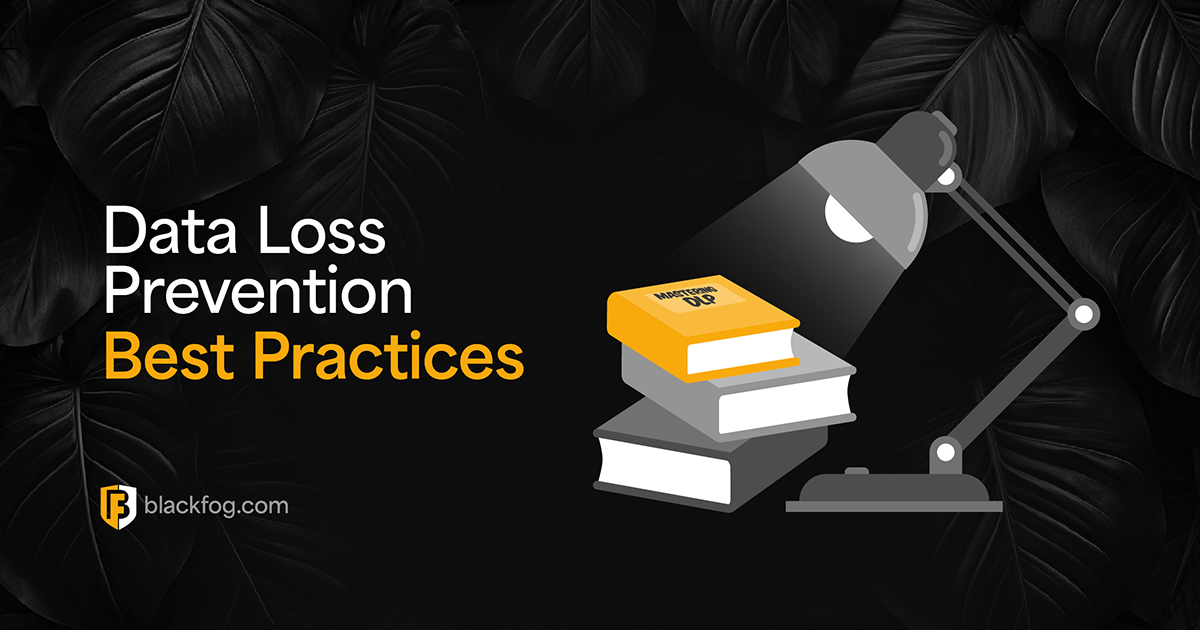
2019 was a big year for privacy as several major scandals kept the topic firmly in the spotlight, and in the minds of corporations and consumers alike. On a positive note we saw Google announce it’s privacy hub in Munich and Facebook shift its emphasis to a more private platform, but on the flipside we learned that Google Nest had hidden microphones installed, our smart speakers were listening in on our private conversations and many popular iPhone apps were secretly recording our screens. So, whilst it’s positive to see big tech giants addressing the issues around privacy, it’s clear we still have a long way to go.
Tech giants like Google, Apple and Facebook are taking privacy more seriously and are slowly moving in the right direction, but we can’t ignore the fact that these are the same companies that created a billion-dollar industry by exploiting our data. It is unlikely some of these giants will stop collecting user data since the basis of their business model is to sell advertising and monetize user data.
Preventing Data Exfiltration
The good news is that consumers are increasingly aware they are actually the product and are no longer willing to tolerate the misuse of their data. This is forcing companies to consider data privacy in the same way they consider security. But what can we as individuals do to protect our privacy while we wait for big tech to catch up?
Technology is entrenched in our daily lives and our mobiles know more about us then we’d like to believe. As we rely on Google maps to get us where we are going, mobile wallets to purchase everyday items, and activity trackers to monitor our health, it’s critical that we are more proactive when it comes to protecting these devices.
Every day we sacrifice our data privacy just to use technology. Knowingly sacrificing data is one thing, but what about the unauthorized data that is constantly being exfiltrated from our devices?
Almost every seemingly innocent application or website we visit, including Facebook and its sister social platforms, collects some form of data about our identity and how we use and consume information. This information allows hackers to profile us, and in many cases, steal private data from our devices.
To effectively protect our privacy and prevent hackers from stealing our data it’s critical that what’s on our device stays on our device, and this can only be done by blocking the exfiltration of data.
BlackFog Privacy offers protection from this unknown and unwanted data collection and identity profiling. By monitoring the collection of any personally identifiable data in real-time and stopping the outbound data flow, BlackFog ensures that no unauthorized data ever leaves your device. If the inevitable happens and hackers find their way in, BlackFog will prevent them from removing your data.
Related Posts
Essential Data Loss Prevention Best Practices Every Firm Should Know
Following these seven data loss prevention best practices can help any firm reduce the risk of falling victim to threats like ransomware.
BlackFog Report Reveals Record Number of Ransomware Attacks from January to March
BlackFog reports a record-breaking surge in ransomware attacks Q1 2025, with 278 disclosed cases and a 113% rise in undisclosed incidents.
AI for Network Security and Monitoring: Enhancing Cyber Defense
What opportunities do AI ransomware protection tools offer to cybersecurity pros?
Ghost Ransomware: The New Cyber Menace Targeting 70+ Countries
Ghost ransomware is targeting 70+ countries. Learn how it works, who’s behind it, and how to stay protected in today’s cyber threat landscape.
Log4Shell – Understanding the Vulnerability and Mitigation Steps
Learn about Log4Shell, its impact on industries, and effective mitigation strategies. Discover how proactive defenses, like BlackFog's ADX technology, can protect your systems from ransomware and data exfiltration.
Ransomware Attacks on macOS and Other Apple Devices: A Growing Threat
Apple devices are no longer immune to ransomware. Attacks on macOS and iOS are rising, with threats like NotLockBit emerging. Learn why Apple is a target and how to protect your devices from evolving cyber risks.






